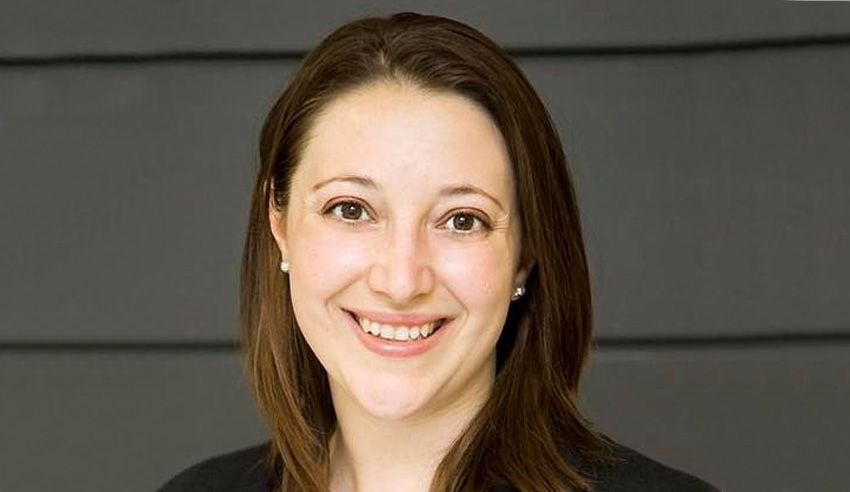On International Women’s Day, the Australian Women Lawyers president has called on the profession to take practical steps within their workplaces to address biases.

On Tuesday, 8 March, and beyond, Australian Women Lawyers (AWL) president Leah Marrone said the profession should be taking “real and practical action to address systemic and unconscious biases” in their workplaces by working with female-led associations and implementing new policies that encourage inclusion.
“This is essential,” Ms Marrone said of removing secrecy around salary. “Without it, the culture of fear and silence prevails. It is a small but incredibly essential step, but it needs to be combined with pay audits, looking at these through a gender lens, and asking why people of equal skill and ability are not on equal pay or equal seniority.”
To ensure that diversity and inclusion (D&I) promises made by workplaces are put in effect and making real change, Ms Marrone encouraged them to sign up for accountability measures. For example, The Women Lawyers of South Australia currently has a charter that firms are encouraged to sign onto, and the Law Council of Australia (LCA) has recently rolled out its equitable briefing policy.
“They also need to realise that women are about 60 per cent of law graduates now, meaning a large part of the talent in particular is going to be looking for firms that have good records, clear policies and reporting on strategies around D&I.
“If they want the best, they need to demonstrate performance on these outcomes. Having strong, public policies for flexible work, job sharing, parental leave and pay equity will all go towards attracting the best talent,” Ms Marrone encouraged.
Expanding on flexible working, Ms Marrone said the “100-hour week” is no longer acceptable, and firms need to become more realistic about billable targets. This means workplaces should be “encouraging productive, efficient and high-quality work in other ways”, which has been demonstrated time and again by “people doing things differently, getting results for clients and creating a great workplace”.
Speaking of policies, Ms Marrone added that the profession should be signing onto practical steps to address sexual harassment and bullying. AWL itself has put out a “Seven Strategies to Addressing Sexual Harassment” that is full of useful strategies.
In addition to AWL’s resources, LCA has a national action plan, and many of the recommendations included in Kate Jenkins’ Respect@Work report are relevant. Ms Marrone, who has also co-authored an article with additional practical suggestions for legal workplaces, said she would “encourage people to read those too”.
In response to what legal workplaces should be doing next to ensure equal opportunity for female lawyers, Ms Marrone said to “check your bias, constantly” and connect with experts who can guide them through the right steps.
“Keep audits of pay and progression. Be equal in the distribution of work. Create various ways of networking that are not all after-work drinks – think lunch times, think outside of the alcohol-driven events of the past,” Ms Marrone commented.
“If you are a woman leader, don’t close the door behind you, and don’t think, ‘I had to jump these hurdles, so should the next person’. Instead, remove the unnecessary hurdles and instead think, ‘what support would have helped me at that stage in my career’ and then fill that gap yourself.
“AWL and our constituent bodies across the country are a great resource for firms and organisations wanting to make genuine change towards equity in this area. We have been in this space for decades, with WLNSW celebrating its 70th year and WLWA its 40th. We are here, come and talk to us, let’s work together for change.”
